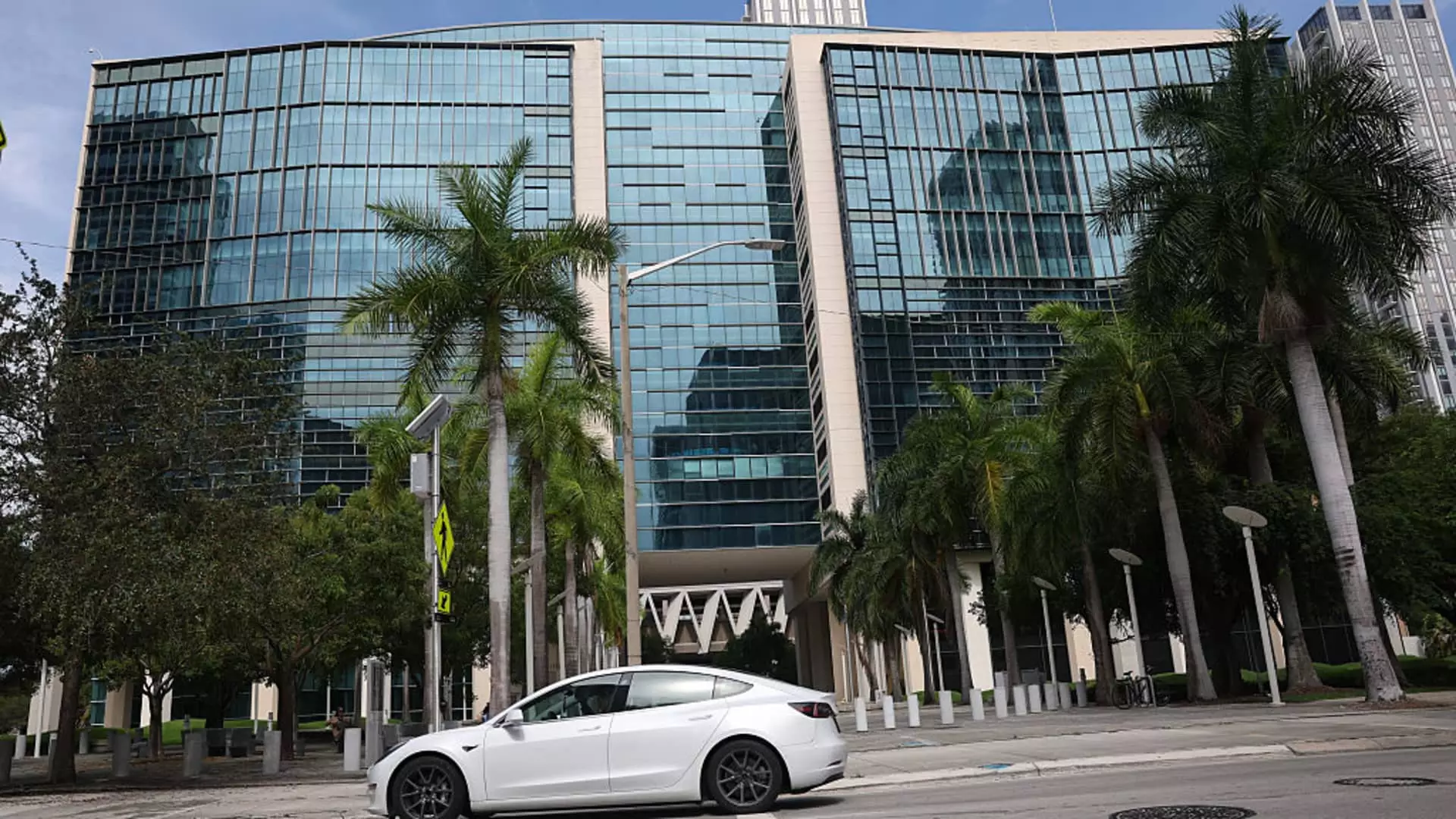Tesla’s ongoing legal battle over the 2019 fatal crash exposes a profound tension that underpins the rapidly evolving world of autonomous vehicle technology: the relentless pursuit of advanced innovation at the expense of consumer safety. The company’s Autopilot system, marketed as a cutting-edge feature promising enhanced convenience and safety, now finds itself under scrutiny for potentially fostering recklessness rather than moderation. This case underscores a broader concern that giants of the tech-automobile industry prioritize shareholder profits and technological bragging rights while neglecting the subtle but critical nuances of human decision-making and safety.
The plaintiffs allege that Tesla’s Autopilot system was fundamentally flawed, with the automaker turned a blind eye to systemic risks embedded within its design and marketing. Campaigns suggesting that the system could automatically handle complex urban driving conditions overstate the technology’s capabilities and lure drivers into complacency. The tragic outcome—driver negligence, compounded by misplaced trust in semi-autonomous systems—raises uncomfortable questions about corporate responsibility and ethical governance. Should technological advancement be unchecked, or should companies be held accountable for the human costs of their shortcuts?
The Illusion of Safety: Misleading Promises and Human Tragedy
Elon Musk’s often bullish rhetoric has built an intoxicating narrative: that Tesla is leading the future of transportation with autonomous systems capable of saving lives. However, the reality is far less reassuring. The claims made publicly about Autopilot’s safety are increasingly under fire, revealing a dangerous gap between technological promise and operational reality. The court proceedings reveal that Tesla may have infused its marketing with exaggerations that encouraged over-reliance. This reinforced a dangerous psychological effect: drivers believed they could abdicate responsibility during trips, a mindset that contributed directly to the tragedy.
This scenario exposes a fundamental flaw in how emerging technology is communicated and regulated. It highlights a systemic problem within a corporate culture that may prioritize rapid deployment over rigorous safety checks. When profit motives influence public messaging, the lines between innovation and recklessness blur. Tesla’s willingness to emphasize Autopilot’s capabilities—despite evidence that the system requires vigilant oversight—smacks of hubris, and it undermines trust in autonomous vehicle development as a whole.
The Reckless Pursuit of Profits and the Need for Regulation
Tesla’s approach hints at a broader socio-economic issue: how regulatory gaps and industry culture often enable corporations to push boundaries destructively. The company’s historical tendency to settle lawsuits quietly or move cases into arbitration shouldn’t comfort us; it signals a desire to contain fallout rather than prevent harm proactively. The judge’s comment about Tesla potentially acting in “reckless disregard” is a stark reminder that Silicon Valley’s innovation race often sidelines fundamental safety considerations.
Federal oversight and consumer advocacy are painfully slow to catch up with technological advances. This trial should serve as a wake-up call that autonomous vehicle technology cannot be a free-for-all in pursuit of competitive dominance. It demands a shift from a laissez-faire approach to one rooted in accountability, transparency, and a genuine commitment to safeguarding lives. The notion that technological progress must inherently override safety standards is flawed; it fosters a reckless environment where corporate interests often overshadow human well-being.
The Human Toll and Moral Imperative
Ultimately, what’s at stake in this legal showdown are real lives and the moral integrity of a company that, intentionally or not, has contributed to devastating loss and suffering. The innocent victims—those on the other side of the crash—are silent testimonies that challenge the optimistic narrative pushed by Tesla’s leadership. The grieving family, the survivor with lifelong trauma, and the wider community confront uncomfortable truths about a culture that may have prioritized technological ambitions over basic safety checks and responsible development.
This tragedy pushes us to examine the moral compass guiding Tesla’s corporate policies. It’s a stark reflection of a broader societal dilemma: how do we balance innovation with accountability? If the pursuit of technological mastery leads to neglecting human life and safety, then society as a whole has failed. Moving forward, there must be a cultural shift—one that holds corporations to a higher moral standard and prioritizes human dignity over shareholder returns. The Tesla case isn’t just about a solitary accident; it’s a mirror to a system that often sacrifices human safety at the altar of technological progress.


Leave a Reply